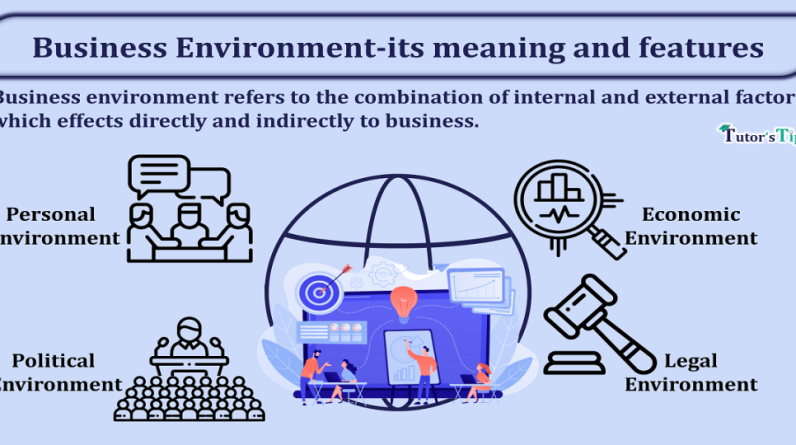
Beyond the Bottom Line
In the world of business, the bottom line is often seen as the ultimate measure of success. It represents the financial performance of a company, showing whether it is making a profit or a loss. However, there is much more to a business than just the bottom line. There are many aspects of a company that fall outside the traditional definition of success, and it is important to explore these boundaries in order to truly understand the impact of a business on society.
One of the key areas that falls outside the bottom line is the social responsibility of a company. In today’s world, businesses are expected to not only make money, but also to contribute positively to the communities in which they operate. This can take many forms, such as supporting local charities, implementing environmentally friendly practices, or treating employees fairly. These efforts may not always show up on the balance sheet, but they are essential for building a positive reputation and creating a sustainable business model.

Another important aspect of business that goes beyond the bottom line is ethical behavior. In recent years, there has been a growing focus on corporate ethics, with consumers and investors alike demanding more transparency and accountability from companies. This means that businesses must not only focus on making money, but also on doing so in a way that is ethical and in line with society’s values. This can be a challenging task, but it is essential for building trust with stakeholders and ensuring long-term success.
In addition to social responsibility and ethics, there are many other aspects of business that fall outside the traditional definition of success. For example, innovation is a key driver of growth and competitiveness, yet it is often difficult to quantify the value of innovation in financial terms. Similarly, employee well-being and satisfaction are crucial for maintaining a productive workforce, but they are not always reflected in the bottom line. By looking beyond the financial metrics, businesses can gain a more holistic view of their performance and identify areas for improvement.
Ultimately, the boundaries of business are not fixed, but constantly evolving. As society’s expectations of companies change, businesses must adapt and expand their definition of success to encompass a broader range of factors. By going beyond the bottom line and considering the social, ethical, and innovative aspects of business, companies can create more value for their stakeholders and contribute to a more sustainable future.
Exploring Uncharted Territory

In the world of business, there are certain boundaries that define what falls within the traditional definition of a company’s operations. These boundaries are often centered around profit margins, market share, and overall financial success. However, there are certain aspects of business that fall outside of these boundaries and venture into uncharted territory.
Exploring uncharted territory in the realm of business can encompass a wide range of activities and initiatives. It can involve entering new markets, developing innovative products or services, or even embracing unconventional business practices. These ventures often require a willingness to take risks and a commitment to thinking outside the box.
One example of exploring uncharted territory in business is venturing into new markets. This can involve expanding into international markets, reaching out to underserved demographics, or even creating entirely new market segments. By exploring these new territories, companies can tap into new sources of revenue and growth potential.

Another way businesses can explore uncharted territory is by developing innovative products or services. This can involve investing in research and development to create cutting-edge technologies or solutions that address unmet needs in the market. By pushing the boundaries of what is possible, companies can differentiate themselves from competitors and capture the attention of customers.
Embracing unconventional business practices is another way to explore uncharted territory in the business world. This can involve adopting new organizational structures, implementing unique marketing strategies, or even reimagining traditional business models. Companies that are willing to challenge the status quo and think creatively are often the ones that make the biggest impact.
One company that has successfully explored uncharted territory in the business world is Airbnb. By creating a platform that allows individuals to rent out their homes to travelers, Airbnb revolutionized the hospitality industry. They embraced the sharing economy model, which was a relatively new concept at the time, and transformed the way people think about travel accommodations.
In conclusion, exploring uncharted territory in business is an exciting and rewarding endeavor. By pushing the boundaries of what is possible, companies can discover new opportunities for growth and innovation. Whether it involves entering new markets, developing innovative products, or embracing unconventional practices, venturing into uncharted territory can set businesses apart from the competition and pave the way for future success.
What Is Not An Element Of The Business Definition





